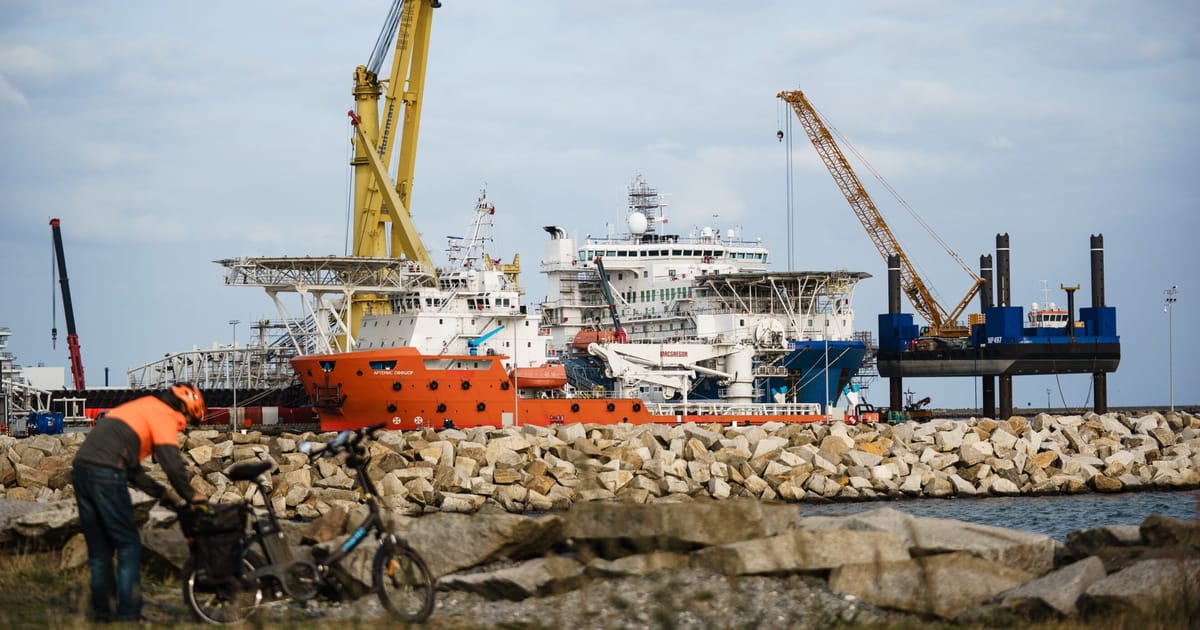As part of its plan, Brussels will propose reporting requirements on firms to detail the volume and duration of their Russian energy contracts and ask countries to offer plans this year to phase out Moscow-linked supplies. EU officials will also beef up an existing scheme that leverages the bloc’s joint gas purchasing power to bring down prices.
The Commission’s plan also vows to “continue its discussions with reliable suppliers,” most notably including the U.S., which wants the EU to buy more of its LNG. The two sides have yet to reach any deal, however.
The document notes that 170 billion cubic meters of new LNG capacity are set to come online globally by 2027, making it easier to shun Russian supplies for other alternatives.
In parallel, the EU executive will increase efforts to electrify its economy and consider expanding a platform for companies to jointly purchase supplies like biomethane, to replace supplies of traditional natural gas.
Nuclear is nigh
The new plan also targets the bloc’s lingering nuclear ties to Moscow, which supplies a fifth of the EU’s raw uranium and 38 percent of its enrichment capacity. Five countries — Finland, Bulgaria, Slovakia, Hungary and the Czech Republic — still rely on Russian-built reactors.
To break that dependency, Brussels will present a new legal bill next month making enriched uranium from Russia “economically less viable” through trade measures, the plan states, and separately restrict new contracts signed between the EU’s uranium supply agency and Moscow.
